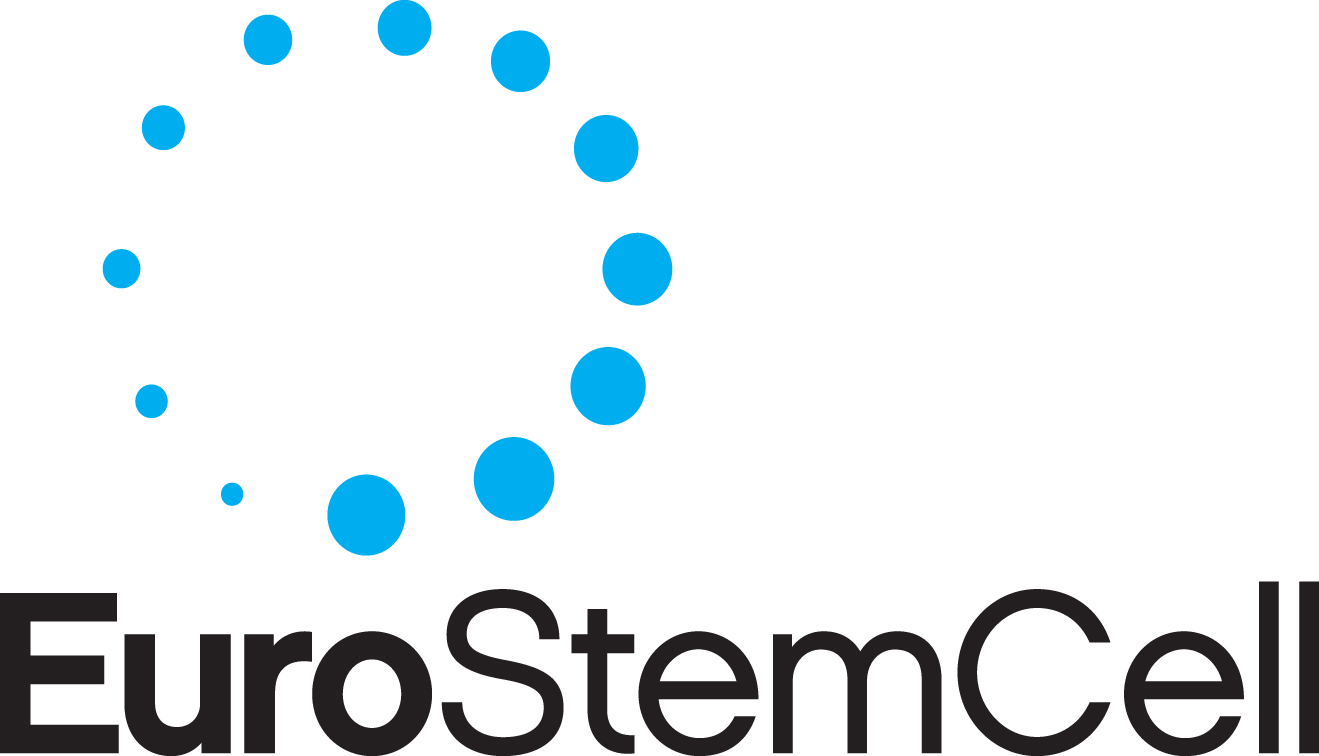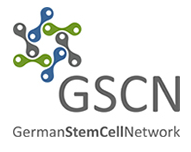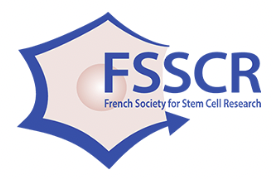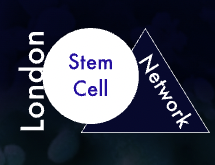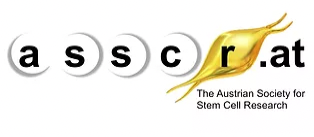GUIDELINES AND REGULATION
ANNOTATED RULES FOR COST ACTIONS
As a network of scientists and academics, EuroStemCell provides independent, expert-reviewed information and road-tested educational resources on stem cells and their impact on society.
It also works with people affected by conditions, educators, regulators, media, healthcare professionals and policymakers to foster engagement and develop material that meets their needs.
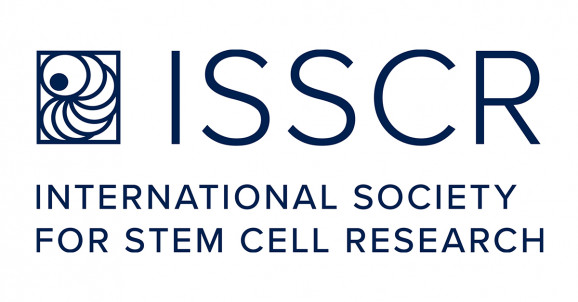
As service to the field, the ISSCR develops guidelines that address the international diversity of cultural, political, legal, and ethical issues associated with stem cell research and its translation to medicine. The guidelines maintain and underscore widely shared principles in science that call for rigor, oversight, and transparency in all areas of practice. Adherence to these principles provides assurance that stem cell research is conducted with scientific and ethical integrity and that new therapies are evidence-based.
Responding to advances in science, the guidelines were updated in 2021 to encompass a broader and more expansive scope of research and clinical endeavor while maintaining the fundamental principles of the research and application. The 2021 guidelines include new recommendations to address the recent scientific advances involving embryos, stem cell-based embryo models, chimeras, organoids, and genome editing.
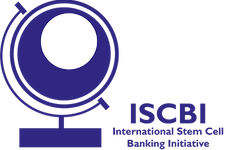
The ISCBI was initiated in 2007 with funding from the International Stem Cell Forum to create a global network of stem cell banks, both by coordinating existing pluripotent stem cell banks and also supporting those who are setting up new stem cell resource centres.

hPSCreg® offers the research community, legislators, regulators and the general public at large an in-depth overview on the current status of human pluripotent stem cell (hPSC) research.
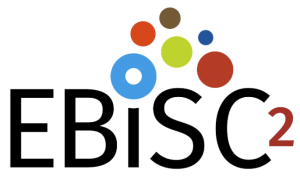
The European Bank for induced pluripotent Stem Cells (EBiSC) is a centralised, not-for-profit iPSC bank providing researchers across academia and industry with access to scalable, cost-efficient and consistent, high quality iPSC lines and derived products for new medicines development.
European Societies and Networks
The German Stem Cell Network (GSCN) aims at creating synergies between all areas of basic and applied stem cell research and to provide an interface between science, education, politics and society as a whole.
Since 1 January 2021 the GSCN works in a tight cooperation with the Berlin Institute of Health (BIH). The GSCN and the BIH have formed a “Dialog Platform Stem Cell Research” as a project to foster stem cell research as basic science and in the translation.
The French Society for Stem Cell Research (FSSCR) is a learned society intended to federate the French researchers on stem cells. It was created at its first General Assembly on November 7, 2016 at the Pasteur Institute.
The London Stem Cell Network is a platform for all London research groups working across all London Universities and Institutes.
It is organised by representatives of the Francis Crick Institute, Imperial College, King’s College London, University College London and Queen Mary University of London.
The UK Stem Cell Foundation was set up in 2005 to accelerate the progress of promising stem cell research and technology into treatments and therapies for patients.
The Swiss Stem Cell Network (SSCN) is a Swiss non-profit association of scientists that are or have been active in stem cell research. The SSCN pursues the following aims:
- Consolidate the Swiss community of scientists involved in stem cell research by fostering interactions and collaborations among scientists.
- Promote stem cell-related research and regenerative biology in Switzerland in various in vitro and in vivo model systems and support regenerative medicine.
- Discuss scientific as well as ethical issues arising from stem cell research and provide this information to the society.
DSSRC mission is to promote the quality of stem cell research and to disseminate knowledge in the Netherlands
The Austrian Society for Stem Cell Research will accompany and support the rapid progress in stem cell research in the national context and has set itself the following goals:
Creating a platform for public relation
National and international networking and promotion of young talents
Improvement of the funding and research structure
